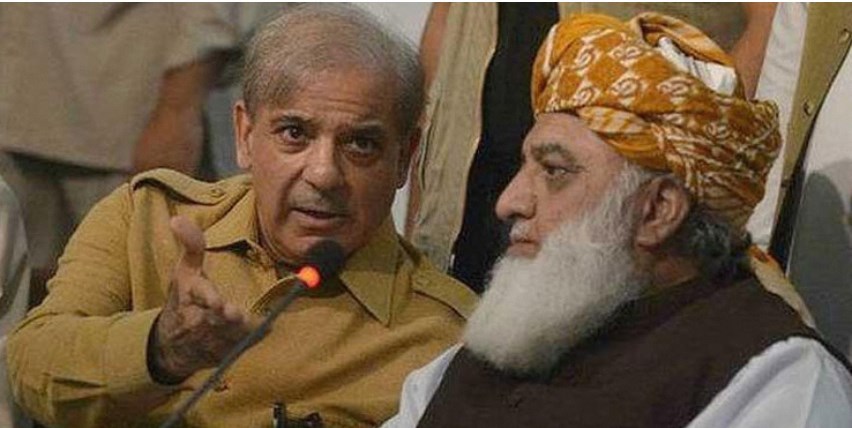
Breakthrough Reported in Government-JUI Talks on Constitutional Amendment 2024
In a surprising development on October 8, 2024, a breakthrough was reported in the ongoing negotiations between the federal government and the Jamiat Ulema-e-Islam (JUI) regarding proposed constitutional amendments. The amendments, which had caused friction between the government and its coalition partner, the JUI, are now reportedly closer to a consensus after weeks of deadlock.
The JUI had expressed reservations about specific clauses within the proposed amendments, particularly those concerning the judiciary and the executive’s power. As one of the government’s key coalition partners, the JUI had the leverage to delay or block the passage of these amendments. However, after intense negotiations, both parties have reportedly reached an understanding, which may allow the proposed changes to move forward.
One of the central sticking points was the role of the judiciary in overseeing government decisions. The JUI, which has a significant conservative support base, was concerned that the amendments could undermine the judiciary’s independence, a key pillar of Pakistan’s constitutional structure. The government, on the other hand, argued that the changes would streamline governance and ensure more efficient decision-making.
Insiders suggest that both sides have now agreed to minor modifications in the language of the amendments, addressing the JUI’s concerns while maintaining the core objectives of the government’s proposal. This breakthrough is seen as a significant step forward in Pakistan’s political landscape, as it allows the ruling coalition to present a united front on crucial legislative issues.
The proposed amendments are expected to be tabled in parliament soon, with political analysts predicting a contentious debate. Opposition parties have already signaled their intention to resist the amendments, viewing them as an overreach by the executive. However, with the JUI now reportedly on board, the government’s chances of passing the amendments have improved.







